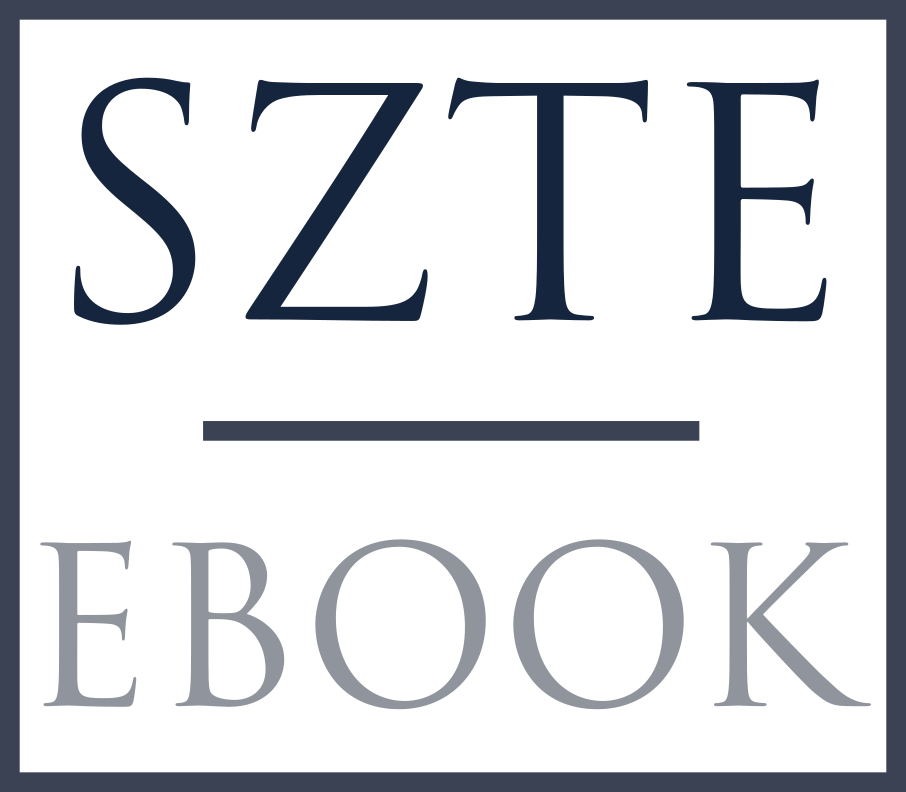The past, present, and future of the accounting profession and its digitalization: Where is accounting going next?
Tartalom
The technological development of the past decade has brought about revolutionary changes in our everyday life. We communicate and find information differently than ten years ago. In comparison to this, the changes brought about by networked devices are understated, even in the short term this technological step can be the one which fundamentally changes the lives of individual users and organizations, the production structure, and also business models. It can be said that Industry 4.0 has transformed the global industrial environment, not sparing accountancy either. The accounting profession can be considered to be traditional, in which the rules and principles have not radically changed in the last decade(s). Globalization, increasing regulations, new technological solutions, and innovations have also made an impact on the profession. Therefore, accountants have a significant opportunity to expand their digitized skills and knowledge, but at the same time, the changes also pose a threat to them if they do not understand how they affect the organization. The challenges facing the individual accountant are manifested in the rapid adaptation and necessity of business practices and business processes without sacrificing the basic accounting rules and principles. In our research, on the one hand, the opportunities and risks related to the digitization of the accounting profession are examined, on the other hand, the challenges faced against digitalization are overviewed, and, thirdly, the results of a questionnaire study administered amongst people working in the field and students are reported. Our results highlight that digitization represents both significant opportunities and risks for the future. The most important challenges to digitization can be outlined as follows: the use of big data in accounting and reporting, cloud-based and continuous accounting, artificial intelligence and blockchain technology. In conclusion, it can be said that technological advances and digitization will have a significant impact on the industry in the future as well, which will introduce changes in the education system, and the needs of the users of accounting information will change. These changes will affect the work of accountants, the acquisition and adaptation of new knowledge, and ultimately the quality of accounting reports.
Keywords: digitalization, accounting profession, education


